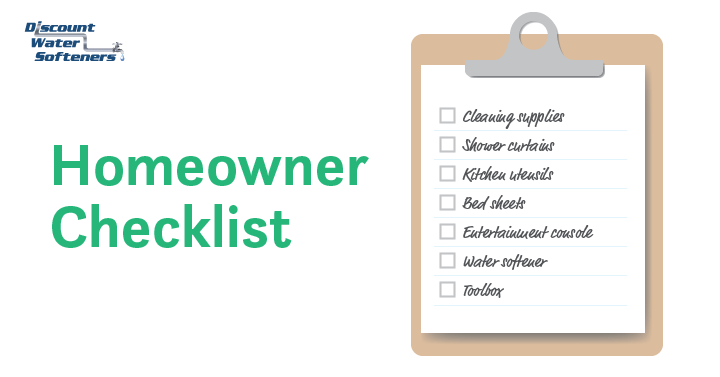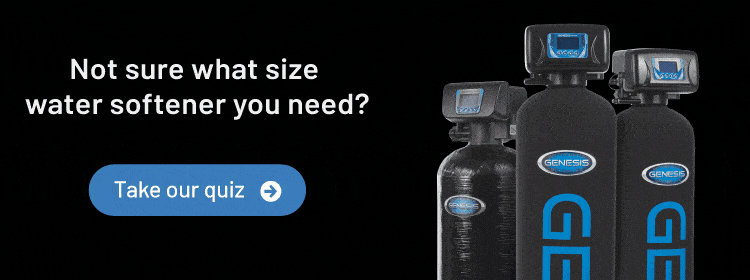Why Do I Need A Water Softener?
Posted by Discount Water Softeners on Dec 11th 2018
Why Do I Need A Water Softener?

Homebuyers’ Checklist
You’ve just moved into your new home, your boxes are unpacked, the family picture is resting on the mantel, and you’re feeling pretty good about all you’ve accomplished. But before you get too settled in and re-focus your efforts on choosing paint colors and area rugs, there are a few items you’ll want to check off your to-do list.
Staying on the right track to happy homeownership means protecting your investment. It’s no secret that owning a home can put a strain on finances, so it’s the perfect time to think about ways to save money. Cutting costs by avoiding unnecessarily high energy bills and increased maintenance of your appliances is a great place to start.
Maybe your home comes fully stocked with appliances. Some are new, some are old, and some you’re not even sure what they do. What you don’t want is an expensive repair or replacement right off the bat. No matter how well you’ve inspected and planned out every last detail of your move-in, at some point all homeowners experience that “oh no!” moment when something goes awry. And if that problem is related to your home’s water supply, you’ll want to take care of it sooner rather than later.
Getting Acquainted With Your Home’s Water
We depend on water for just about every aspect of our lives. Drinking, cooking, bathing, cleaning, and numerous household tasks. The question is, where is our water from and is it safe? Your home’s water comes from either a municipal treatment facility or a private well. Both sources are an end result of the Earth’s water cycle.
When rain falls, it’s naturally soft, but as it makes its way through the ground and into waterways, it picks up minerals like chalk, lime, calcium, and magnesium. These hard water minerals are carried through lakes and streams and into the groundwater that eventually makes its way into households. This is by means of your well or municipal water supply.
If your home has hard water, you’re not alone—it’s one of the most common water issues in the U.S. Thanks to these dissolved minerals, as many as 85% of Americans will have to combat hard water—and the damage it causes to water-using appliances.
If there’s an existing water softener in your new digs, a good home inspector should have already tested it to make sure it’s operating properly before your home sale was final. Whether your water has been tested or not, it’s a good idea to pick up an in-home test from your local hardware store. Checking the hardness levels of your water supply is easy and inexpensive.

Hardness levels are measured in grains per gallon. If your water tests at 1 grain per gallon or less, then you’ve got soft water and you’re good to go. Water between 1 – 3.5 is slightly hard, and anything over 3.5 is considered hard and can cause blockages and ruin your plumbing.
Will Hard Water Damage My Home?
When planning a major household move, between stressing over packing, changing your address, and all the financial details, water treatment equipment is probably the last thing on your mind. You’re not likely to determine whether you love or hate your home’s water until after the papers have been signed.
But as a wise home buyer, you checked out all your new home’s nooks and crannies, checked under the sinks, and made sure there were no visibly leaky faucets or running toilets. So what did you miss? If you haven’t had to struggle with hard water nuisances before your move, you may not know how a new water softener will help or how hard water will affect your household.
What you don’t see can hurt you. Hard water causes scale build-up on the inside of pipes, dishwashers, washing machines, water heaters, coffee makers and ice machines. Those mineral deposits reduce water flow and force appliances to work harder and less efficiently. They also can corrode the tank inside your water heater, where you can’t see the destruction until it’s too late.
While some signs of hard water are obvious, others, if left untreated, may only make themselves known when costly issues arise. Keep in mind that the harder your appliances have to work, the less efficient they are. Plus, the cost of keeping them running will increase along with the cost of maintenance and repairs. More wear and tear shortens the lifespan of all your major appliances and raises a home’s energy costs by hundreds of dollars per year.
How To Tell If You Need a New Water Softener
Hopefully, if your home had previous owners, they’ve left it in sparkling clean condition when they turned over the keys. Still, you’ll want to check for hard water signs in bathtubs, shower curtains, and doors. Hard water minerals mixed with soap results in a white residue, known as scale, on everything it touches. Scrubbing away soap scum is a temporary solution; it’ll return with a vengeance if you don’t get to the root of the issue.
Check your water fixtures for mineral build-up. If you see white or yellowish caking around the openings, that’s a sign of hard water and it will eventually clog your fixtures and decrease your water flow if it hasn’t already. Far worse for your wallet is what hard water can do to large appliances like water heaters. Just like your small appliances, scale can accumulate inside them, eventually triggering pricey repairs or replacement well before their time.
Hard minerals not only make water unappealing to drink, it also makes clothing appear dingy. Not to mention, it leaves unsightly spots on dishes and glassware and embarrassing stains in toilets. Hard water reacts with soap to form a tacky scum, so you can forget about a good lather for your hair or getting your skin feeling smooth and clean. Without softened water, you’ll feel unwashed and may appear that way also.
Treating Your Hard Water
Assessing the water quality at your new location means taking a closer look at your home’s water-using appliances and testing your water. This will save you the hassle of undoing any hard water damage later. If needed, a water treatment professional will help fit you with the best water softener for your household.
We all need water, but do we really need soft water? Installing a whole house water softener before taking up residence in a new home will keep calcium and magnesium minerals from causing high-priced plumbing and appliance repairs. If you’re unsure on what to do with an existing system, a specialist can offer advice on whether to replace vs. repair a water softener.
Nobody wants their hard-earned money ending up in the junkyard along with their appliances. You can ensure your home’s water-using appliances have a nice long life by getting rid of the minerals responsible for hard water. With treated water, appliances use less soap, less water, and have a longer life.
High-efficiency water softeners help get homeowners off to a great start, enabling other appliances to work as economically as possible. With the installation of a whole house water treatment system you’ll save time, money and aggravation. The moving boxes are gone and you’ve completed your water quality checklist. Congratulations! Now, sit back, relax with a cold glass of refreshing water, and enjoy that new home.

